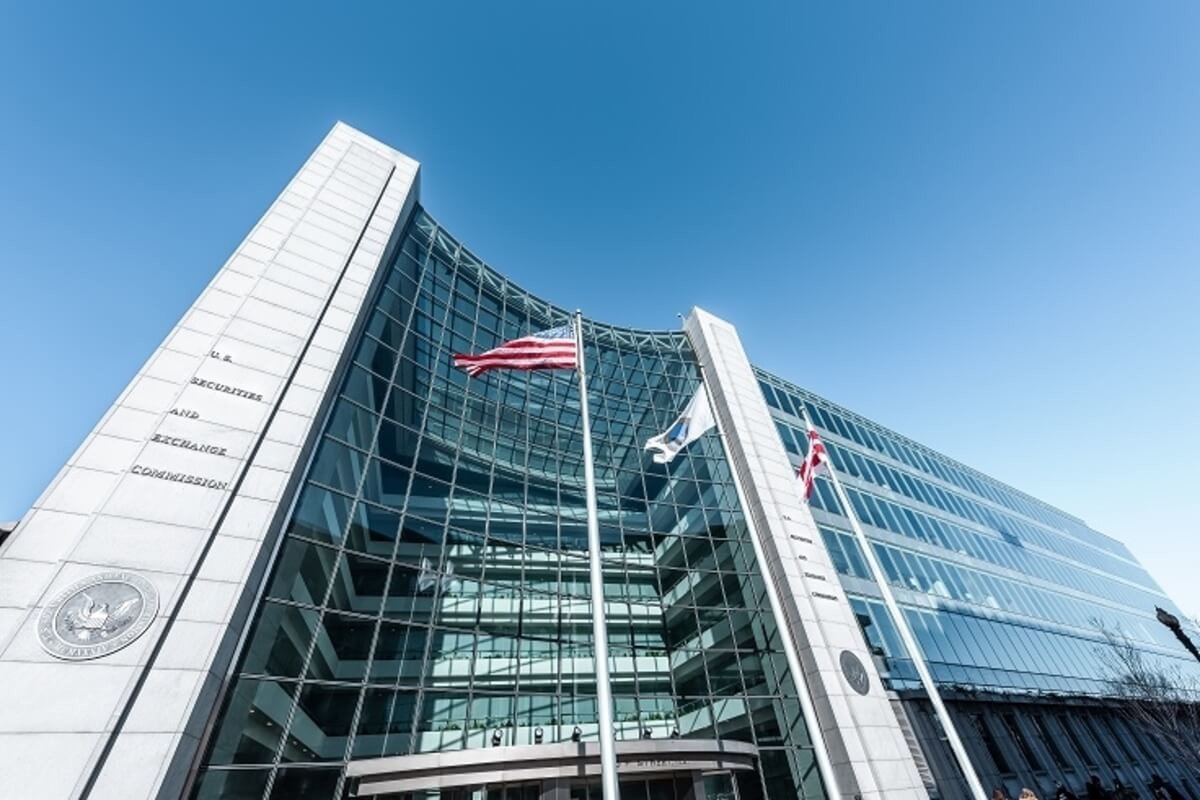SEC Charges Coin Club Founders for $295 Million Ponzi Scheme

The US Securities and Exchange Commission (SEC) has filed charges against the founder and three promoters of Trade Coin Club, arguing that they duped investors into sinking money in a fraudulent crypto trading bot.
In a Friday announcement, the regulatory body said Douver Torres Braga, Joff Paradise, Keleionalani Akana Taylor, and Jonathan Tetreault, who were involved in the crypto project, raised 82,000 BTC (worth around $300 million) from over 100,000 investors worldwide between 2016 to 2018.
The Trade Coin Club founder Braga reportedly deceived investors by telling them they could generate “minimum returns of 0.35% daily” from a “crypto asset trading bot,” but instead used these funds to compensate himself, Paradise, Taylor, and Tetreault.
We allege that Braga used Trade Coin Club to steal hundreds of millions from investors around the world and enrich himself by exploiting their interest in investing in digital assets,” said David Hirsch, Chief of the Enforcement Division’s Crypto Assets and Cyber Unit.
“To ensure our markets are fair and safe, we will continue to use blockchain tracing and analytical tools to aid us in the pursuit of individuals who perpetrate securities fraud,” Hirsch added.
The SEC further claimed that Braga received at least $55 million worth of user funds (8,396 Bitcoin), while Paradise gained $1.4 million, Taylor $2.6 million, and Tetreault got around $625,000.
Notably, the price of Bitcoin has increased substantially since 2016, suggesting that they could have pocketed far more if they had held their coins. For instance, Braga’s 8,396 BTC was worth a whopping $580 million in early November 2021 when the coin hit an all-time high of around $70,000.
The project’s website is no longer accessible. According to a report by the Wall Street Journal, Braga currently lives in Brazil and Taylor lives in Hawaii.
Trade Coin Club, which marketed itself as a membership group for trading bitcoin, was “a multi-level marketing program” that operated from 2016 through 2018 and promised profits from the trading activities of a purported crypto asset trading bot, according to the SEC.
While crypto Ponzi schemes are nothing out of the norm, the SEC and other financial regulators have lately ramped up their efforts to make sure scammers don’t go unpunished.
As reported, in early August, the SEC charged 11 individuals for their roles in an alleged crypto pyramid and Ponzi scheme, Forsage, that raised over USD 300m from millions of investors worldwide, including in the United States.








